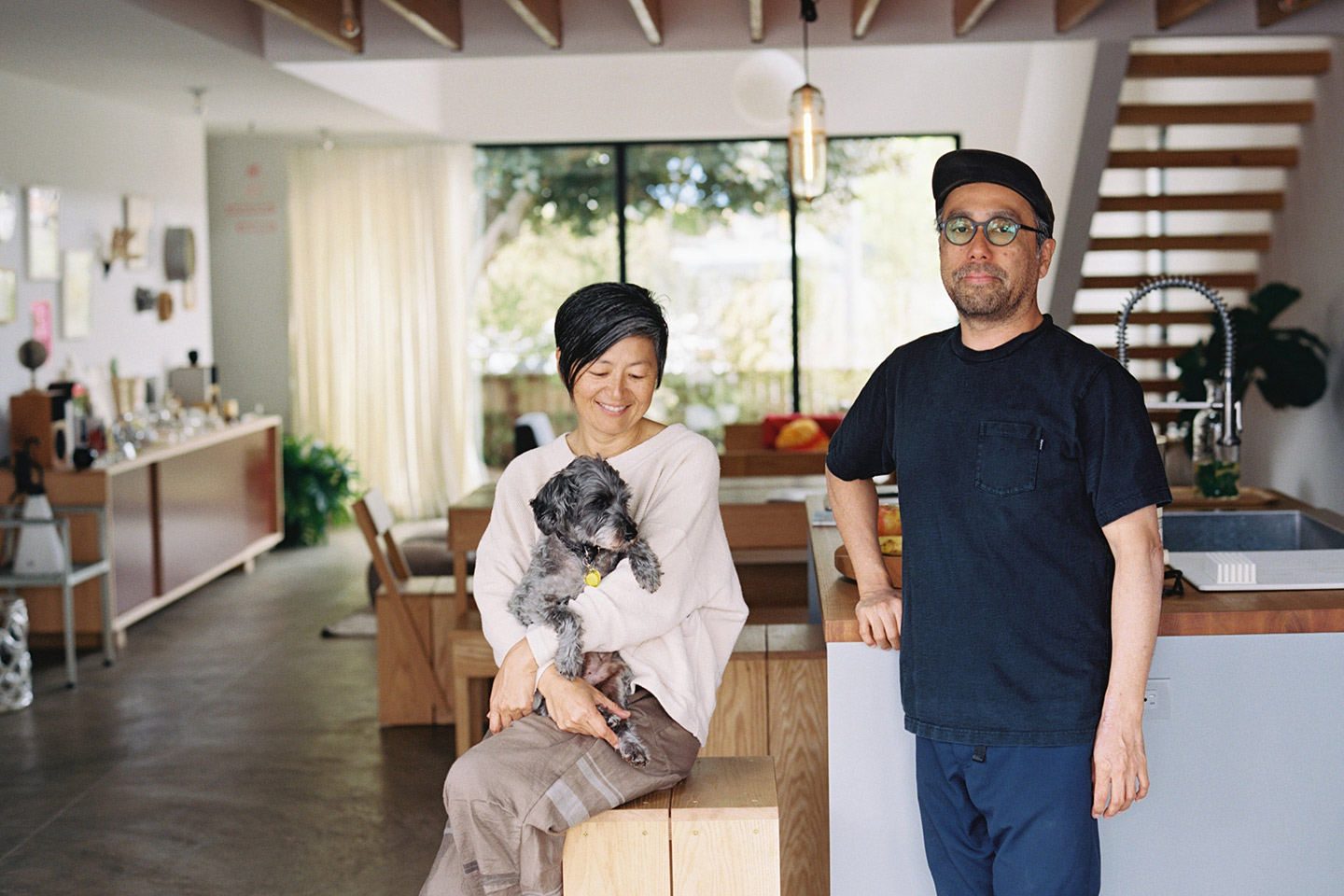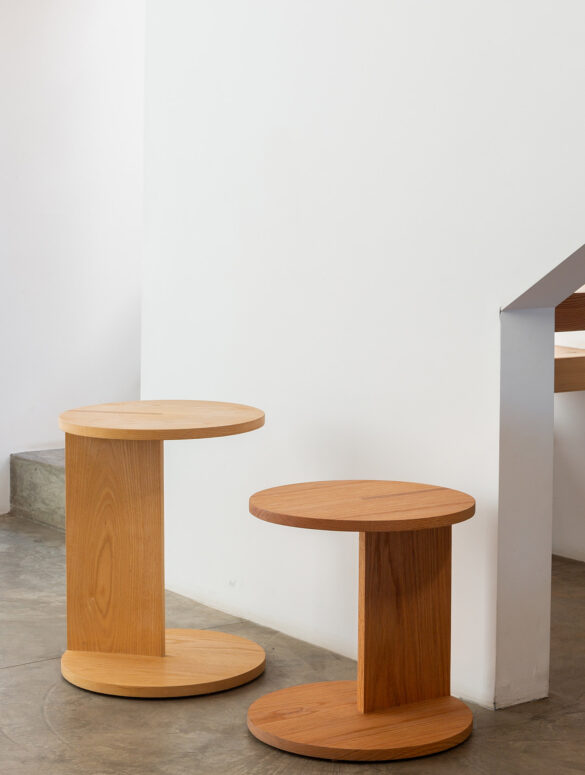Text by Alex Schechter
Images courtesy of Tortoise General Store and Justin Chung
When husband and wife Taku and Keiko Shinomoto made a stopover in Los Angeles in fall 2002, it was at the tail end of an East Coast trip. They had won green cards in the lottery and were planning to move to New York after quitting their jobs at Tokyo-based furniture company Idée (he as designer, she as store manager). But L.A.’s sunny, laid-back feel proved irresistible. “All the flowers were in bloom, the sky was blue, and dolphins were jumping at Hermosa Beach,” Keiko recalls. “It was a great first impression.”
Abbot Kinney Boulevard, where they ended up, was still in its punk phase. Designer brands hadn’t taken over and dining options were few. They found an 800-square-foot bungalow with a loft, and in that intimate live-work space, Tortoise General Store was born. Part novelty, part cultural immersion, the shop was tiny and extremely curated, with an alluring mix of contemporary furniture and utility items like tawashi scrubbing brushes, Kimura glass tumblers, and bamboo slippers. The concept was a hit with shoppers, but it was the Shinomotos’ discerning taste that kept people coming back—if Keiko and Taku weren’t in love with an item, it never made it into the shop.

Many of Tortoise’s early adopters were Venice-based architects who had spent time working on large-scale projects in Japan. “They said Tortoise reminded them of walking into a store in Tokyo,” Keiko notes proudly. Of course, catering to customers in a new country didn’t come without a learning curve. During their first holiday rush, the Shinomotos discovered many items had value as stocking stuffers. “That’s the word I learned,” Keiko says with a laugh. “Next year, of course, we had lots of small items for stocking stuffers.”
Over the years, Tortoise General Store has expanded to include art shows and cooking and woodcarving workshops, and it relocated to Mar Vista in 2018. Yet the owners’ commitment to durable, well-sourced homeware has remained intact. Hasami, the sought-after ceramics line Taku started in 2012, closely parallels the shop’s ethos and is available at Tortoise. (Today, he serves as the brand’s creative director.) Produced in the town of Hasami, whose pottery tradition dates to the 1600s, all Hasami plates, bowls, and mugs have an intentionally raw, slightly coarse texture. With time and wear, the material becomes smoother, giving customers an incentive to keep using the ceramics long after purchase.

As Tortoise’s main buyer, Taku frequently travels to Japan to hunt for new artists and manufacturers. Keiko credits his instinct for quality with keeping the inventory fresh. “He doesn’t follow brands,” she says. “He trusts his sixth sense.” Typically, Taku attends regional gift shows, and once he finds something he likes, he’ll ask to meet the artist. But lately, it’s been through word of mouth. “Our friends in Tokyo recognized exactly what we’re looking for,” says Keiko. “They introduced their network to us.”
Of all the fine and distinct objects decorating the shelves at Tortoise, the shop’s bestselling item is also its most mundane: dish towels. Tenugui, an all-purpose cloth found in nearly every Japanese home, has captivated the imaginations of L.A. customers. At Tortoise, the handy, quick-drying cloth comes in a variety of decorative prints that resemble small watercolor paintings. “People buy six at a time,” Keiko says. “They cut it in half and use it as a table napkin.” When the Shinomotos relayed this to the manufacturer in Japan, the company was pleasantly surprised. “They love that our customers have created a whole culture around it,” Keiko says.


